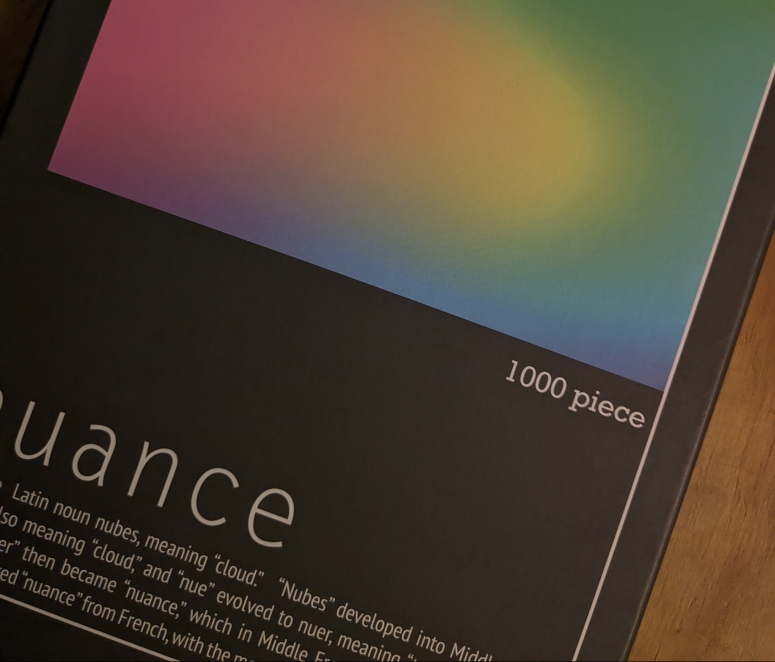“Because the bird flew before / there was a word / for flight / years from now / there will be a name / for what you and I are doing.”
-Marcelo Hernandez Castillo, from “Cenzóntle,” Queer Poets of Color
The birds have been singing in my neighborhood, and I love it. And I know, yes, that’s the kind of thing that people say is cliché—the birds are singing—but it’s delightful to let myself be delighted with all these things that are sometimes called clichés.
Marcelo Hernandez Castillo helps me here. I love how Castillo (and poetry, and love, and Castillo’s loving poetry) plays back and forth with the meaning of things, and for me, the rhythm of that play washes me at least two different ways. There is the idea I read: how there was flight before the word “flight,” how what we do will become a linguistic possibility because we’ve done it. What you and I are doing becomes a word, a thing we can say. We name we’ve taken up to live with.
And another way. I can say “the birds are singing,” that old cliché, but the cliché isn’t the specific birds who are right now outside my window. The birds who might be the same ones who sang to my friend and I yesterday evening, as we lay in the grass outside. Those good neighbors. Or maybe they’re new birds, new neighbors. And though I say “the grass outside” don’t think it was only grass, or don’t think grass is simple (a mistake I sometimes make), because as we lay there we noticed so many different leaves, so many different shades of green, so many growing joys in what I could simply call a “field.” There is so much more abundance, so much more life, than my simple namings. And while there will be a name for what we do, another side of that same thought, for me, is that the name for what we do will be part of our doing—maybe a celebration of it, or a reminder, or an invitation—without being all of our doing. Without being the birds or the songs that they’re singing. Which is lovely, isn’t it?

